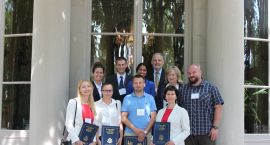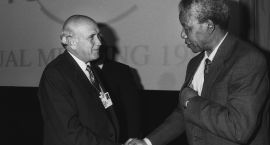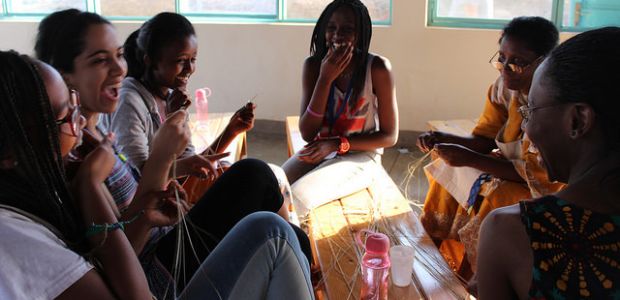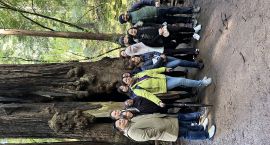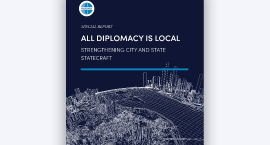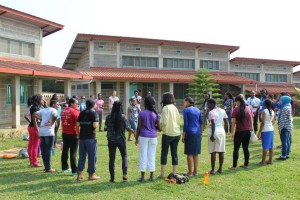
If someone asks you if you’d like to implement a summer camp for 120 girls in the heart of Rwanda–grab it, as it is not a question many individuals are faced with. When Meridian International Center, a non-profit in Washington, DC that specializes in cross-cultural exchanges, was brought on to help facilitate the 2015 Women in Science (WiSci) Camp in Rwanda this spring, I knew the program would bring a life changing experience. When given the opportunity to be part of it, I realized how different yet similar my experience would be compared to our 120 bright campers from Ethiopia, Ghana, Kenya, Nigeria, Rwanda, South Africa, Tanzania, Uganda, and the United States.
Although my role is to staff the camp, like many of our campers, I have had moments of nervousness, excitement, and curiosity while adapting to a completely different culture this summer.
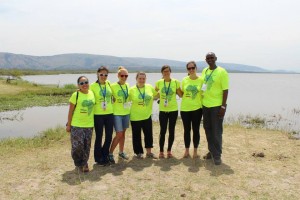
On July 25, 2015, our campers hopped off a plane at KGL, walked down the escalator and BOOM! There I was in my neon yellow shirt with a giant book bag on my back, checklist in my hand and a smile on my face. My first face-to-face interaction with them was completely surreal. I had just spent the past several months “getting to know” the campers through webinars, e-mails, and surveys that allowed me to understand their strengths, weaknesses, interests, hobbies, and even their birthdays! The complex puzzle of arranging 120 campers departing from 24 cities across nine different countries to arrive on time for the opening of camp, was finally here!
The nervousness quickly turned into excitement as we processed all campers through visa facilitation and onto the buses towards our new home for three weeks, Gashora Girls Academy of Science and Technology.
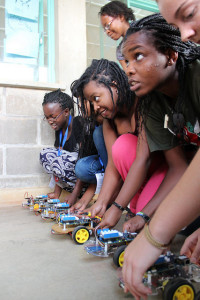
Now, with camp behind us, Girl Up, Intel, and Microsoft transformed our campers into programming and robotic experts with leadership skills that they I know they will cherish for a lifetime. But during camp, as their curiosity bloomed from day-to-day lessons and activities, so did mine. I had the opportunity to hear from our partners the pages and pages of inventory lists that would be shipped the weeks before camp started. This list was the most random list I’ve ever seen. It included silly putty, twine, groves, paint, tri-fold boards, breadboards, semiconductor kits, to name a few. Within three weeks these foreign items became something incredible. Walking between classes, I realized the campers were able to use these items to enhance their elevator speeches, build computer games, and create toy cars.
I was quite excited to see the direction each of our campers went for their final project. With three other teammates, campers had to use the skills that they learned during WiSci to focus on a project to better their communities. Similar to my day-to-day career focusing on implementing program exchanges, our campers will have to plan, develop, and discuss with peers their specific STEAM-related project in week three. I look at WiSci Camp 2015 as my own “third week project” with a head start of five months. The experience I have gained implementing my project, the WiSci Camp, has shown the positive impact of cross-cultural development, the importance of communication and teamwork, and that knowledge truly is power. The progression all campers have made in just 21 days is definitive proof that these girls are the future of science, technology, engineering, arts, and math.










